Research on Construction Project Valuation Based on Artificial Intelligence Technology
DOI: 10.23977/jceup.2024.060203 | Downloads: 0 | Views: 54
Author(s)
Jue Wang 1
Affiliation(s)
1 School of Construction Engineering, Chengdu Vocational & Technical College of Industry, Chengdu, Sichuan, 610000, China
Corresponding Author
Jue WangABSTRACT
With the continuous development of computer science, intelligent optimization techniques have penetrated into various research fields. It can help solve the shortcomings of large error and long preparation time in the estimation of construction project cost. This study focuses on the application of artificial intelligence methods in the field of construction cost estimation. By utilizing the data fitting ability of neural networks, an artificial intelligence estimation model is established to predict construction cost estimates. The theoretical basis and basic principles of the BP neural network are elucidated, and the MATLAB software is used to validate its excellent function approximation capability. A construction cost estimation model based on PSO-optimized BP neural network is developed, and through MATLAB programming for sample training and testing, the results demonstrate that both models have errors within acceptable ranges. The establishment of the construction cost estimation model enables the prediction of engineering costs, proving the practical value of the model.
KEYWORDS
Artificial Intelligence; BP Neural Network; PSO OptimizationCITE THIS PAPER
Jue Wang, Research on Construction Project Valuation Based on Artificial Intelligence Technology. Journal of Civil Engineering and Urban Planning (2024) Vol. 6: 16-23. DOI: http://dx.doi.org/10.23977/jceup.2024.060203.
REFERENCES
[1] Peng Guangjin. Research on intelligent Learning Method of Small sample engineering cost Data and its Application in power transmission and transformation engineering [D]. Chongqing: Department of Electrical Engineering, Chongqing University, 2010:89-93.
[2] Chen Junjia. Discussion on the control of engineering cost in the process of high stage design [J]. Metal Mine, 2002, 34(3): 50-51.
[3] Ma Guofeng, Chen Zhiqin. Research on project Evaluation of rail transit station based on BP Neural Network [J]. Project Management Technology, 2011, 9 (7): 55-60.
[4] Linli Jiang, Jiansheng Wu. Hybird Evolutionary Algorithms for Artificial Neural Network Training in Rainfall Forecasting [M]. New York: Lecture Notes in Computer Science, 2013:78-82.
[5] Calbort Master. Praetieal Neural Network [J]. IEEE Transaetions on Neural Network, 1995, 27(5): 67-73.
[6] J.Park, W.Sandberg. Universal Approximation Using Radial Basis Funetion Networks [J]. Neural, 1991, 35(12): 83-95.
[7] Speeht D F. General Regression Neural Networks [J]. IEEE Trans on Neural Networks, 1991, 23(12): 35-42.
[8] F C Chen.Baek-propagation Networks for Nonlinear Self-tuning AdaPtive Control [J]. IEEE IEEE Control Systems Magazine, 1990, 10(3): 44-48.
[9] Angeline P J. Using selection to improve particle swarm optimization system [J]. Intelligent Engineering Systems through Artificial Neural Networks, 1998, 18(4): 253-258.
[10] Kannan S, Mary Raja Slochanal S. Application of particle swarm optimization technique and its variants to generation expansion planning problem [J]. Electric Power Systems Research, 2004, 12(70): 203-210.
| Downloads: | 3874 |
|---|---|
| Visits: | 110462 |
Sponsors, Associates, and Links
-
Journal of Sustainable Development and Green Buildings
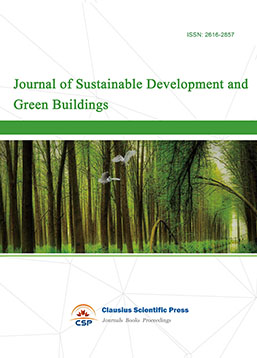
-
Landscape and Urban Horticulture
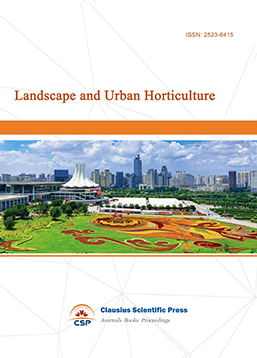
-
Bridge and Structural Engineering
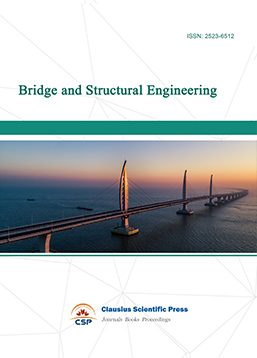
-
Soil Mechanics and Geotechnical Engineering
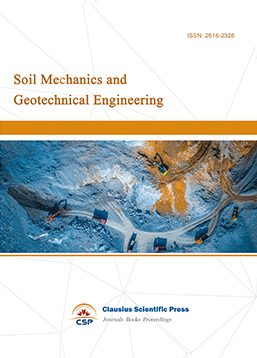
-
Journal of Municipal Engineering
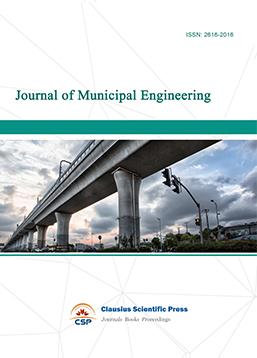
-
Heating, Ventilation and Air Conditioning

-
Indoor Air Quality and Climate
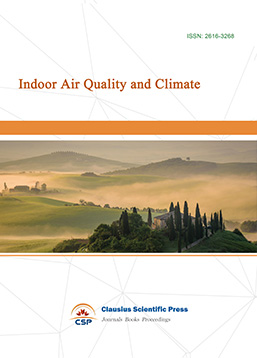
-
Computer Aided Architecture Design
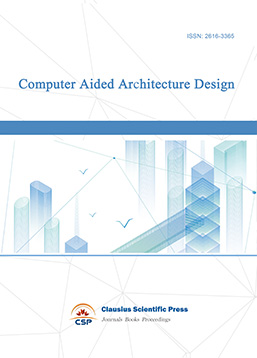

 Download as PDF
Download as PDF